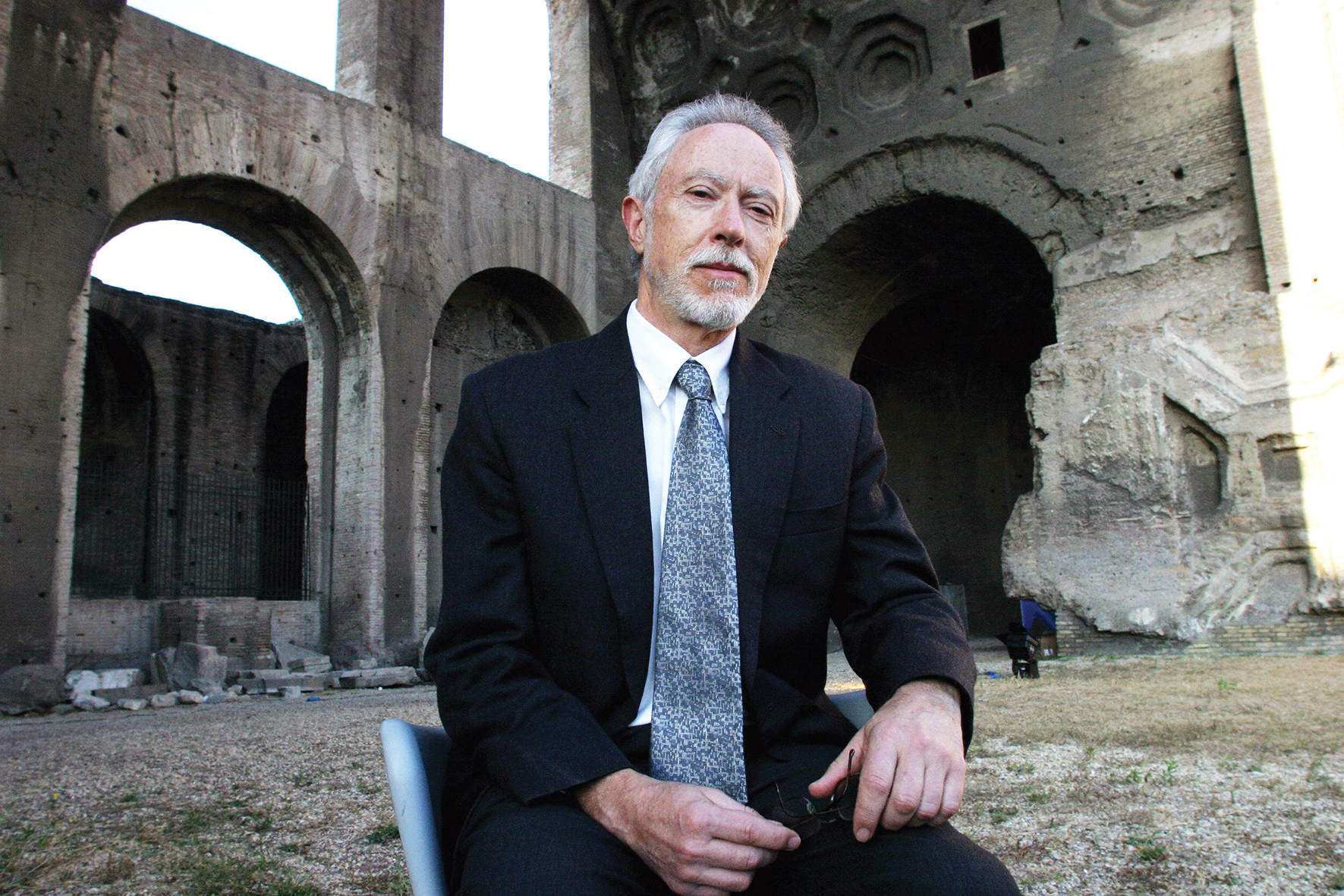
Finding it very hard to muster any reaction whatsoever to J M Coetzee’s The Schooldays of Jesus, I broke an unspoken rule and quickly clicked through the early reviews. The Australian provided a loyal, deferential description of the latest novel by its best-known literary immigrant, but most responses ranged from the cool to the exasperated. Under the heading “J M Coetzee has lost the plot”, one reviewer suggested that the most affecting page in the book is the one that lists the 2003 Nobel laureate’s previous works.
I had also been pondering this forbidding, vaguely hourglass-shaped litany of literary achievement – flipping back to it repeatedly when coming (generally nonplussed) to the end of the book’s short, gnomic chapterlets. At the top of the list, there are the longish early titles, such as In the Heart of the Country and Life and Times of Michael K; at the bottom, it widens out again into the recent collaborations with Paul Auster (Here and Now: Letters 2008-2011) and Arabella Kurtz (The Good Story: Exchanges on Truth, Fiction and Psychoanalytic Psychotherapy). In the centre, the one-word narrow waist formed by Disgrace: a novel widely lauded abroad but often reviled in Coetzee’s native South Africa, and one that seems to have marked the end of a certain kind of risk-taking in his work.



